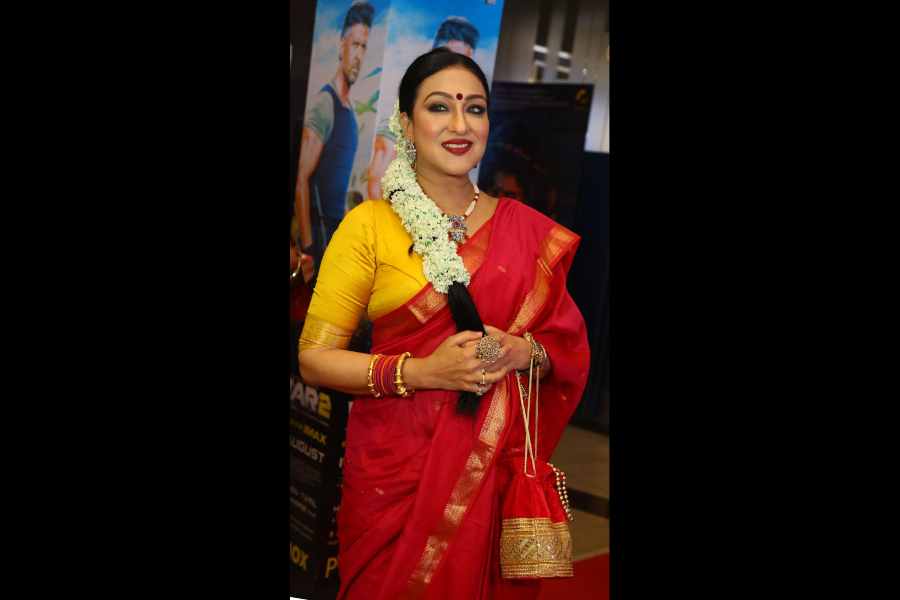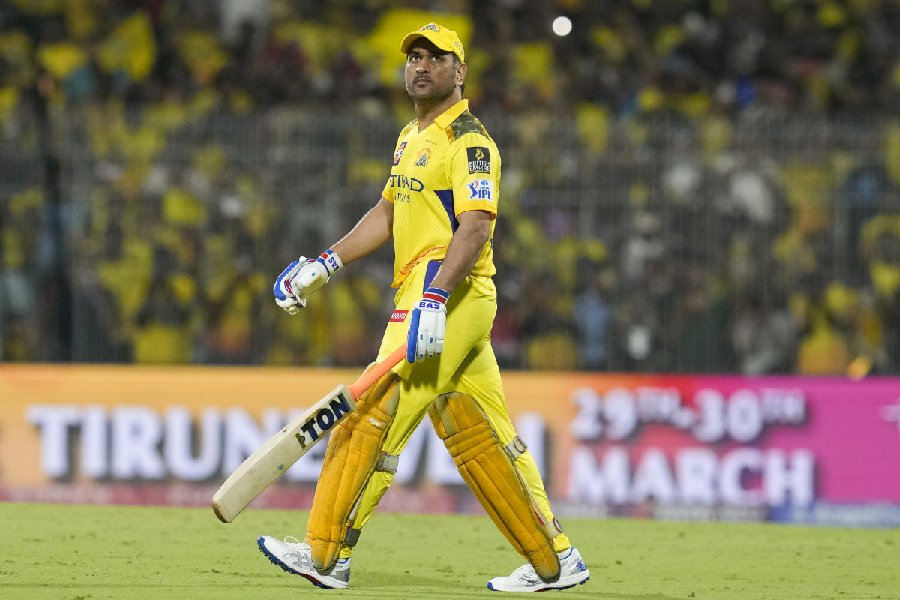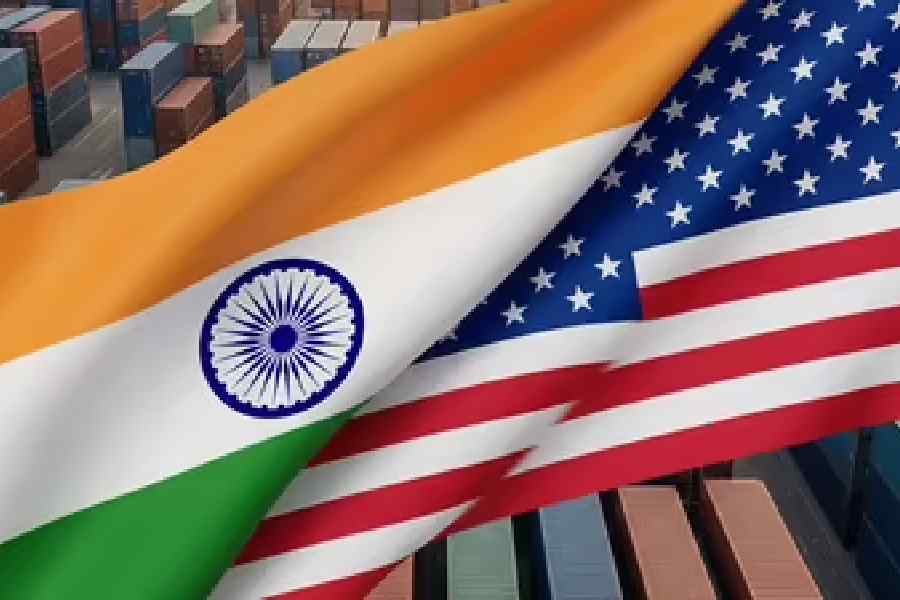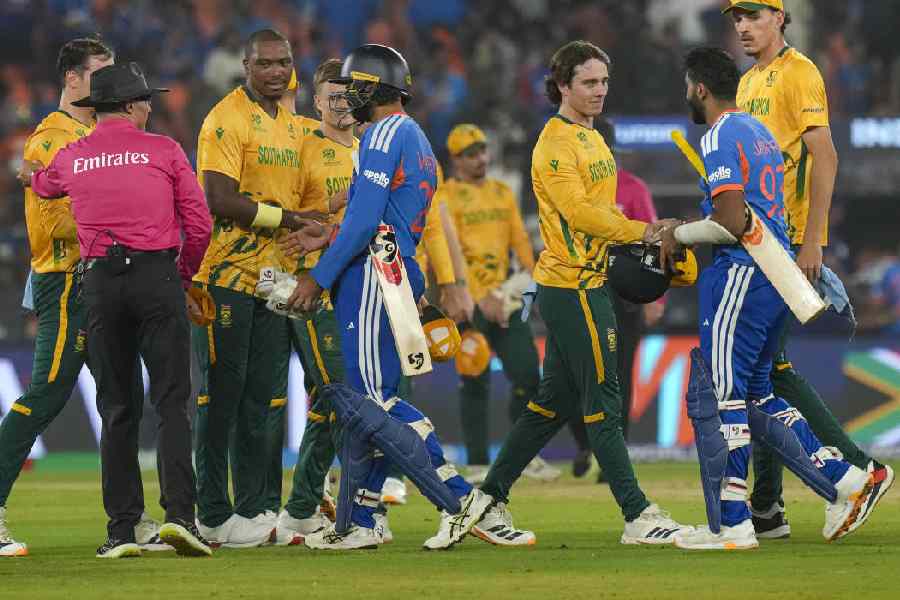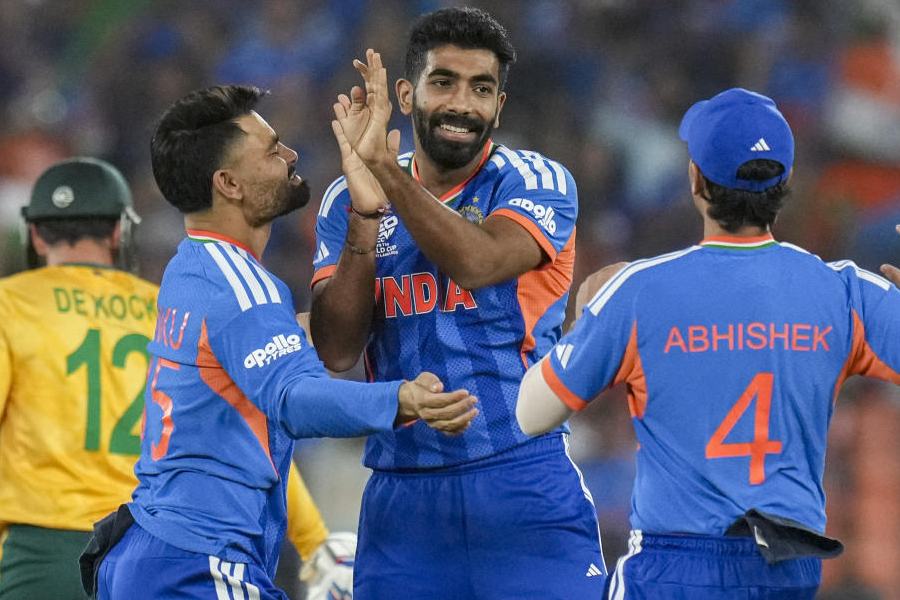In Bela, director Anilavaa Chatterjee takes audiences back to the 1960s in Calcutta, bringing on celluloid the remarkable journey of radio legend, Bela Dey. Her story is a testament to unwavering determination, willpower, and the ability to embrace life’s challenges with positivity and strength. When circumstances made her feel defeated, she turned the tables, empowered herself and became a voice of empowerment through her radio show, Mohila Mahal, broadcast on All India Radio, inspiring women everywhere with her thoughts and ideas.
Chatterjee weaves together historical milestones — World War II, the passing of Rabindranath Tagore, India’s struggle for Independence, and the moment the nation achieved freedom — while tracing Bela’s life from growing up to her marriage with Hiren, who soon leaves to study medicine abroad. As Bela travels to London to uncover the reason behind her husband’s sudden silence and disconnection, she faces a hard-hitting truth. Yet, she refuses to give in. With the support of a compassionate woman, she explores the subject of Home Science. Receiving a treasured cooking diary from her sets her on a new path.
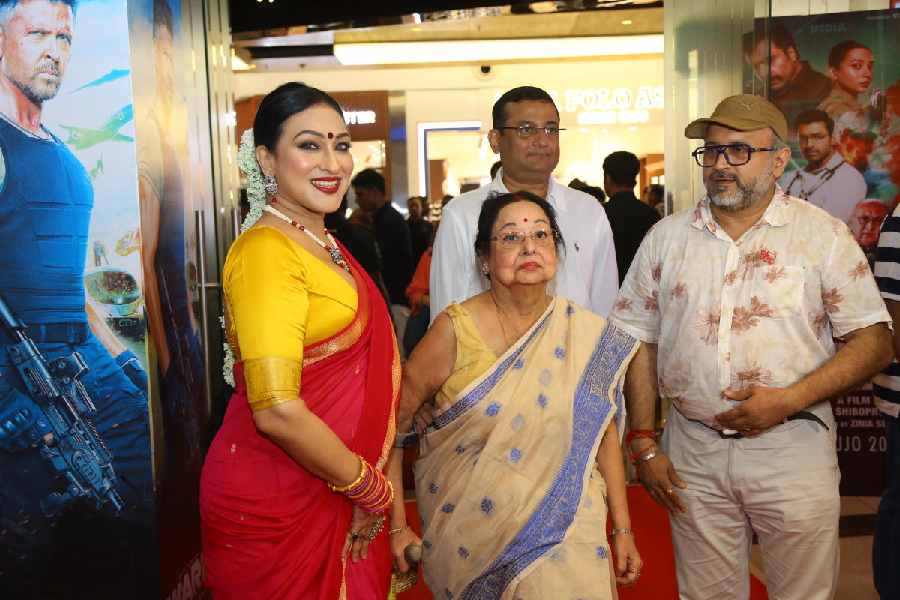
Upon returning to Calcutta, Bela pursues her dream of working for All India Radio. Her show, Mohila Mahal, becomes a platform for advocating women’s liberation from restrictive societal norms. Bela’s empowering messages and delicious recipes encourage many to seek financial independence and self-empowerment. However, she also faces resistance at home for being a working woman, an unappreciated identity for women in those times. Rituparna Sengupta delivers a powerful performance as Bela, effortlessly embracing the character through different ages and expressing various emotional turmoil. She is supported by a talented cast, including Biswajit Chakraborty, Bhaswar Chatterjee, Bhadra Basu, Basabdatta Chatterjee, Madhuja Banerjee, and Debapratimm Dasgupta, all of whom bring their characters to life with conviction. The director skillfully keeps the presence of contemporary celebrated radio personalities like Jagannath Basu and Mir in the film, playing themselves, to make the narrative more relatable to the contemporary audience.
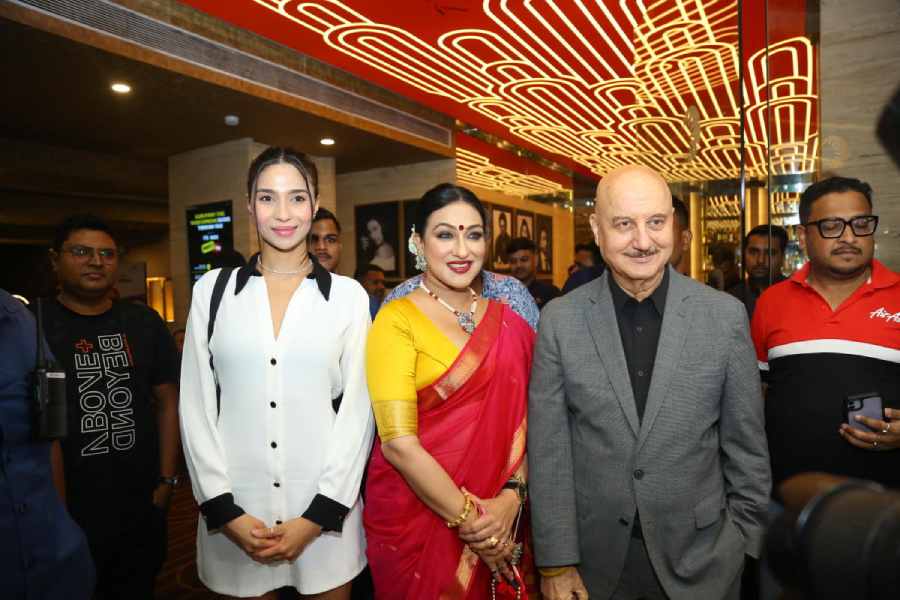
While some may choose the courtroom to fight back humiliation, Bela chose a career, an attitude of positivity and the magic of flavours to transform her life, overcome every challenge thrown her way and create an identity for herself, serving inspiration for generations to come.

